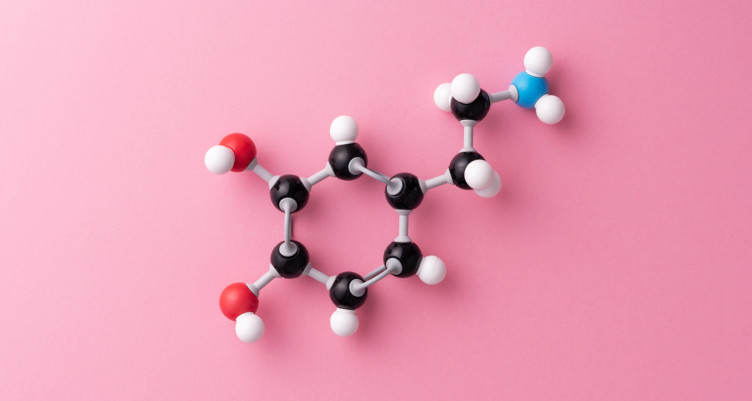NAC Benefits: What To Know About N-Acetyl Cysteine

- N-acetyl cysteine, also known as NAC, is a dietary supplement associated with immune support, detoxification and more. It can also support your body’s levels of glutathione.
- Glutathione is a powerful antioxidant that can help with oxidative stress and free radical damage.
- Here’s everything you need to know about NAC benefits and supplementation.
N-acetyl cysteine, or NAC, is a dietary supplement that may help your body produce an important antioxidant called glutathione, which in turn can help protect against free radicals.[1] Read on to learn all about NAC benefits, how NAC supplements can help support glutathione and how best to take NAC.
What is NAC?

Also called N-acetyl-L-cysteine, NAC is the supplement version of an essential amino acid called cysteine.[2] Amino acids are the building blocks of proteins. Cysteine is one of three amino acids (along with glycine and glutamine) that make up glutathione, an important antioxidant found in nearly all of your body’s cells.
In this way, NAC helps your body produce glutathione. Glutathione is known as the “master antioxidant” because of its prevalence throughout the body and ability to support other antioxidants.[3] The problem is that glutathione tends to decline with age. It can also be reduced by factors like poor nutrition, stress and environmental contaminants.
Taking NAC supplements may help replenish your glutathione levels.
NAC benefits

NAC has been well-studied and has an array of potential health benefits. Generally considered to be a safe and well-tolerated supplement, NAC is also relatively inexpensive.
If you’re thinking of supplementing with NAC, know that it can help with:
Healthy aging
One of the benefits of NAC is that it has been found to help with naturally occurring glutathione deficiency, which happens as humans age.[4] Glutathione can help make you more resistant to oxidative stress, thereby positively affecting aging at a cellular level.[5]
Supports detoxification
NAC helps protect cells from toxicity caused by environmental pollutants, including pesticides[6], heavy metals like lead[7] and gasoline and diesel fumes.[8] [9]
It’s is often used at hospitals to improve outcomes for acetaminophen overdoses and poisons that cause damage through extreme oxidative stress.[10]
Fertility
NAC may even help with weight gain and other health conditions that are common symptoms of PCOS.[11]
NAC may even help reverse weight gain and prediabetes, two common symptoms of PCOS.[12] In men, NAC promotes sperm quality.[13] Researchers think this happens because NAC is so adept at protecting cells from oxidative damage. Increasing antioxidant status may help keep sperm healthier.
How and when to take NAC, morning or night

Most studies use a dose of between 1200-2400 mg, taken in 600 mg doses throughout the day.[14][15][16] If you’re wondering when to take NAC, morning or night, know that it doesn’t matter exactly when you take it. However, you’ll absorb oral N-acetylcysteine supplements best if you take them on an empty stomach, at least an hour away from eating.
Some oral N-acetylcysteine supplements have a strong odor that might not be pleasant to take before sleep. As with any dietary supplement, be sure to check in with your doctor or healthcare provider before you begin taking NAC.
Keep in mind that NAC can result in side effects in some people, especially when taken at high levels. Common side effects of high doses of NAC can include diarrhea, nausea, vomiting and constipation.
How long does it take for NAC to work?

One of the biggest questions you’ll have before starting to supplement with NAC is: How long does it take for NAC to work?
A 2015 double-blind, placebo controlled study of middle-aged men found lessened signs of oxidative stress after four weeks of taking NAC, which is important for cardiovascular health.[17]
Want to learn more about how glutathione can help support your overall health and wellness? Read our comprehensive guide to glutathione.
Sign up for early access to sales, product launches, the latest Bulletproof news and more!
This article has been updated with new content.



